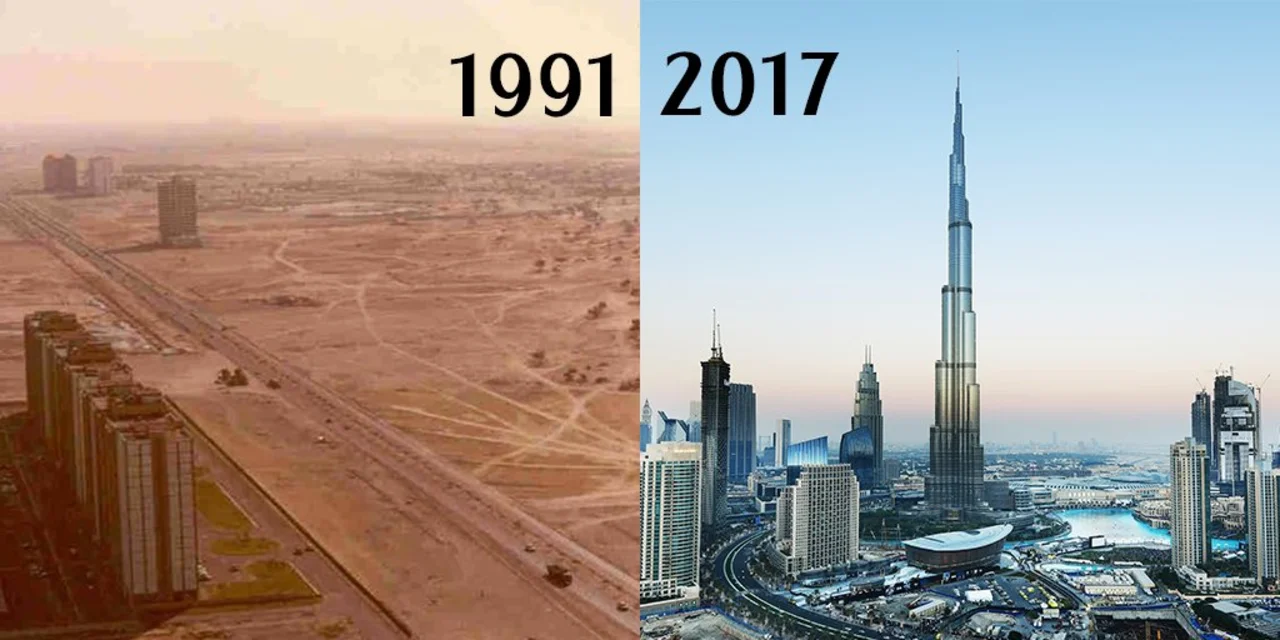The Origins of Call Girls in Dubai
The history of call girls in Dubai dates back to the ancient times when the region was a hub for trade, cultural exchange, and social interactions. As a flourishing port city, Dubai attracted merchants, sailors, and adventurers from different parts of the world. This diverse population created a demand for companionship and entertainment, giving rise to the profession of call girls.
These women, often referred to as courtesans or geishas in other cultures, were skilled in the art of conversation, music, dance, and seduction. They were an integral part of the social fabric of Dubai, offering their services to the elite and the wealthy. The presence of call girls in Dubai's history reflects the city's multicultural and cosmopolitan character.
The Role of Call Girls in Traditional Emirati Society
Call girls in traditional Emirati society were not only providers of pleasure and entertainment, they also played a crucial role in the social and cultural life of Dubai. Often, they were the only women who could interact freely with men from different backgrounds, bridging the gap between various communities.
These women were highly educated, well-versed in poetry, and skilled in various arts. They were often invited to perform at social gatherings and events, showcasing their talents and engaging guests in intellectual debates. As such, call girls contributed significantly to the cultural enrichment of Dubai and were regarded with respect and admiration.
Colonial Influence and Westernization
With the advent of British colonialism in the early 20th century, the landscape of Dubai underwent a significant transformation. The British brought with them new ideas and values, which led to the gradual westernization of the Emirati society. This process had a profound impact on the status and role of call girls in Dubai.
As the distinctions between different classes and genders began to blur, the demand for the services of call girls declined. The introduction of modern education and employment opportunities for women also contributed to the diminishing role of call girls in Dubai's society. However, their presence in the city's history remains an important testament to the unique cultural heritage of the region.
The Oil Boom and the Emergence of Modern Dubai
The discovery of oil in Dubai in the 1960s brought about a new era of rapid development and modernization in the city. As the city's wealth grew, so did its international reputation as a hub for business, tourism, and luxury. This renewed global interest in Dubai led to an influx of visitors from all corners of the world, creating a demand for entertainment and companionship.
In response to this demand, the profession of call girls in Dubai experienced a resurgence. However, the nature and dynamics of the industry had changed significantly since the traditional days. The modern call girl industry in Dubai now catered to a diverse clientele, offering a wide range of services and experiences to suit different tastes and preferences.
Call Girls in Present-Day Dubai
Today, the call girl industry in Dubai is a thriving and lucrative business that caters to the needs of both local residents and international visitors. Although the profession is still illegal in the United Arab Emirates, it continues to operate discreetly and efficiently, offering a variety of services to its clients.
The call girls in present-day Dubai come from diverse backgrounds, including different nationalities and ethnicities. They are often well-educated and fluent in multiple languages, allowing them to cater to a wide range of clients. The industry has also adapted to modern technology, with call girls advertising their services and connecting with clients through various online platforms.
The Legal and Social Implications of the Call Girl Industry
Despite its prevalence, the call girl industry in Dubai remains a subject of controversy and debate. The profession is illegal in the United Arab Emirates, and those involved in the industry face severe penalties if caught. This has led to a constant struggle between the authorities and the call girl community, as both parties seek to protect their interests and maintain their positions.
The social implications of the call girl industry are also significant. The profession is often viewed as morally reprehensible and a threat to the traditional values of the Emirati society. However, others argue that the demand for call girls is a natural consequence of Dubai's rapid development, multiculturalism, and the inherent human need for companionship and pleasure.
The Future of Call Girls in Dubai
As Dubai continues to evolve and grow, it is likely that the call girl industry will remain an integral part of the city's social and cultural landscape. The industry has shown remarkable resilience and adaptability in the face of changing times and circumstances, reflecting the dynamic and ever-changing nature of Dubai itself.
The future of call girls in Dubai remains uncertain, as the authorities continue to crack down on the illegal profession and the society grapples with the moral implications of the industry. However, one thing is clear: the history of call girls in Dubai is an important and fascinating aspect of the city's past, offering valuable insights into the complex and diverse tapestry of Dubai's culture and society.
